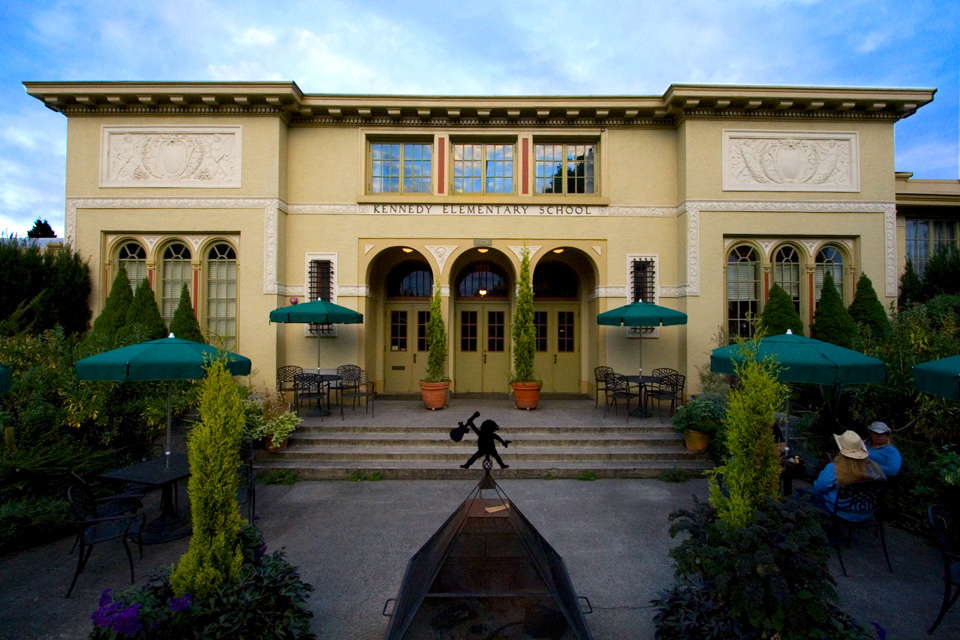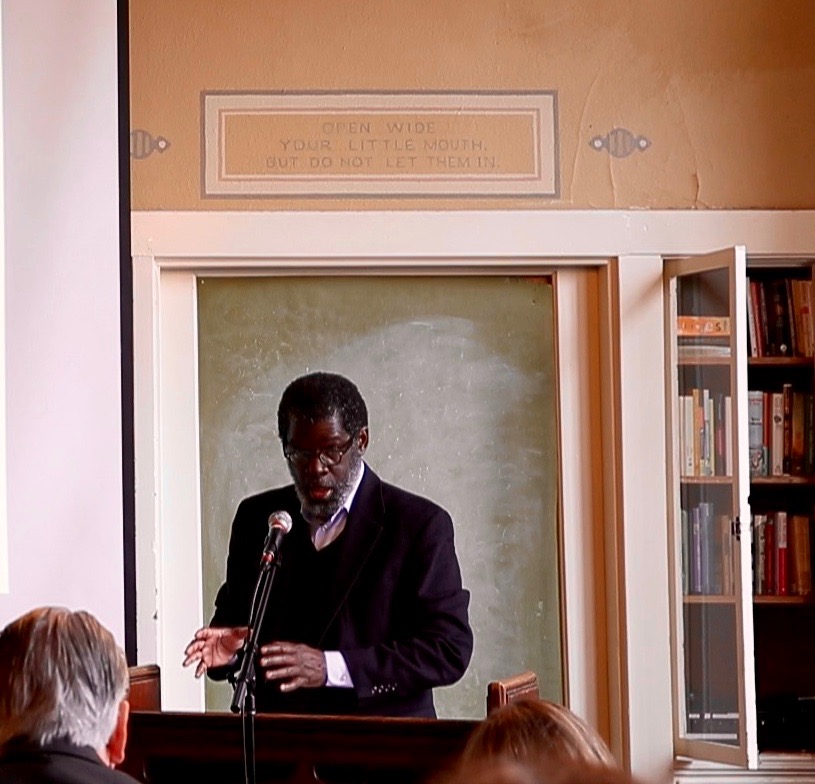
First Annual Meeting
July 9, 2016
ISS First Annual Meeting – Opening Address and Director’s Report
July 9, 2016Scripturalizing The Human A Transdiciplinary Collaborative Project

Scripturalizing The Human
A Transdiciplinary Collaborative Project
The SH collaborative research project excavates historical and contemporary attempts throughout the world to construct the human, using as illuminating analytic lenses various practices in the politics of language. The project is oriented to the overlapping domains—the somatic; the psycho-social; the social-cultural; the discursive; the sentimental; the political; and the economic—in which the human is located. The focus is on fathoming and analyzing the human as consequences of the complex (gerrymandering) politics of language that range from the quotidian to the extraordinary; the doxic to the revolutionary; the obfuscating to the obvious. Because its expansive valences capture a wide range of the dynamisms and statics, the fixedness and volatilities of knowledge/discourse/language, the English neologism “scripturalizing” is used as poignant shorthand for the practices and politics of making and unmaking the human.
Elaboration
The trans-disciplinary collaborative project called “Scripturalizing the Human” aims to excavate the mimetic cultural practices called scripturalizing and the complex psycho-social-cultural-political work such practices are made to do. It is assumed in this project that scripturalizing has to do in the most fundamental respects—the emic assumptions and claims notwithstanding–not with the transcendent, but with the perduring and poignant striving for the complexly human, with the mixed and fraught practices and politics and social-psychological results appertaining thereto. Scripturalizing is to be researched as a compelling near universal aspect or feature of modern world as a modern social-cultural phenomenon (with long and complex historical antecedents). It is an instrumental part of symbolization systems that help ideologize and rationalize, order and organize, human behaviors and actions. Such systems are projected and experienced as the ultimate in the politics of language, in regimes of discourse and power. Scripturalizing is not merely or only about texts; it is more fundamentally about dis/closure—about that which both facilitates and structures and prevents and occludes human knowing and newness, ingenuity and inventiveness.
This project emerges from and aims to model and advance a larger ongoing intellectual project construed as signifying (on) scriptures or critical comparative scriptures. Having originally given impetus to, and now located in, the Institute for Signifying Scriptures (ISS), this larger ongoing project is intellectually creative and transgressive. It crosses and scrambles academic-intellectual boundaries, practices, and presuppositions in the quest to facilitate socially relevant and creative research and broader conversation on scriptures not so much as “texts” (with the assumed interests in and operations of historical critical exegesis), but in terms of social textures, as “sites of performance, power relations, and dis/closure” (with an appropriately expansive set of trans-disciplinary operations and excavations). It is comparative in focus and orientation. And it privileges ex-centrics and subalterns—not for the sake of a political-ideological gesture, but in order to open wide analytical windows and to reflect sharply-focused disturbing mirrors onto the history of human strivings.
Using scriptures as fraught abbreviation and sharp analytical wedge for the complex dynamics of human dis/closure, ISS has for several years and in many respects been an attempt to model research interests in the formation of the human and the attendant social-cultural formations and dynamics. Collaborative projects such as African Americans and the Bible; Theorizing Scriptures; Mis-Reading America: Interruptions, Mimicry, and Orientation among U.S. Communities of Color; and the documentary film project “Finding God in the City of Angels” have involved mixes of historical, comparative and ethnographic and ethnological work that contributed to what I understand to be the excavation of the human in terms of the relations and dynamics of discourse and power that can be analyzed as scriptures. The phenomenology of scriptures facilitates a sharper analytic on the texted instrumentalities and projections, and the disrupting, and masking discourses of “religion.”
The SH project has as its goals the following: the facilitation of creative trans-disciplinary conversations about and research—collective and individual; comparative, historical, and ethnographic/ethnological–on the topic (with attention to contemporary and historical situations and traditions as far as interests and expertise and commitments make feasible); and creative dissemination—in the form of a book project; conference presentations; and website page–of results of conversation and research.
The success of this initiative may lay groundwork for a longer-term and larger project that can be conceptualized and categorized in terms of geopolitical divisions.
Update: this project spread out over a couple of years ended with the publication of Scripturalizing the Human: The Written as the Political (Routledge, 2015)
